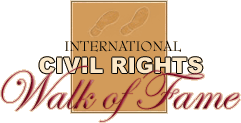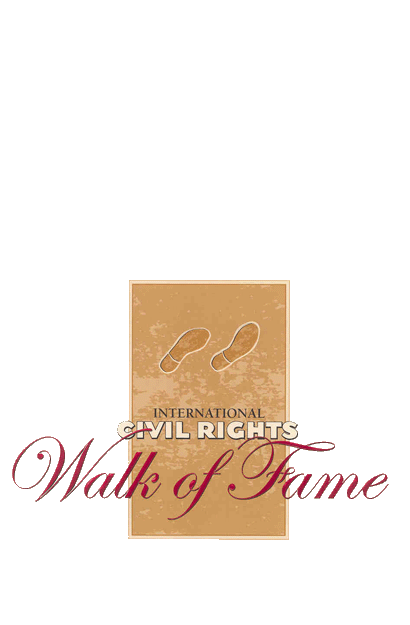 |
 |
 |
 |


| ||||||
|
Michael Norman Manley was born in the suburbs of Kingston, Jamaica, the son of very accomplished parents. His father, Norman Manley, was a brilliant lawyer of international notoriety. Michael Manley received his secondary education at the prestigious Jamaica College. He was a founding executive of the West Indian Students’ Union. He was always in the vanguard of the Union’s negotiations with the British Colonial Office. He was one of the principal organizer’s of a strike against the living conditions endured by many Caribbean students in London. He was a member of the Caribbean Labour congress. He campaigned against racial discrimination in London and supported the movement for a West Indies federation and political independence for the Anglophone Caribbean. He attacked the human-rights record of the Administration. He advocated a deepening of democracy, donned bushjacket suits and mobilized reggae artists to perform his message “Power for the People”. Manley’s populism and charisma yielded thirty-seven of the fifty-three seats in the House of Representatives in 1972. He was sworn in two days later as Jamaica’s fourth Prime Minister. Michael Manley and his Government embarked on the most profound and wide-ranging program of social and economic reform in Jamaica’s history. Manley achieved considerable success in international honours and awards, mainly for his contributions towards the struggle against South African apartheid. He died in 1997, and was buried in Jamaica’s National Heroes Park in Kingston. He is survived by his wife Glynne, and five children. |